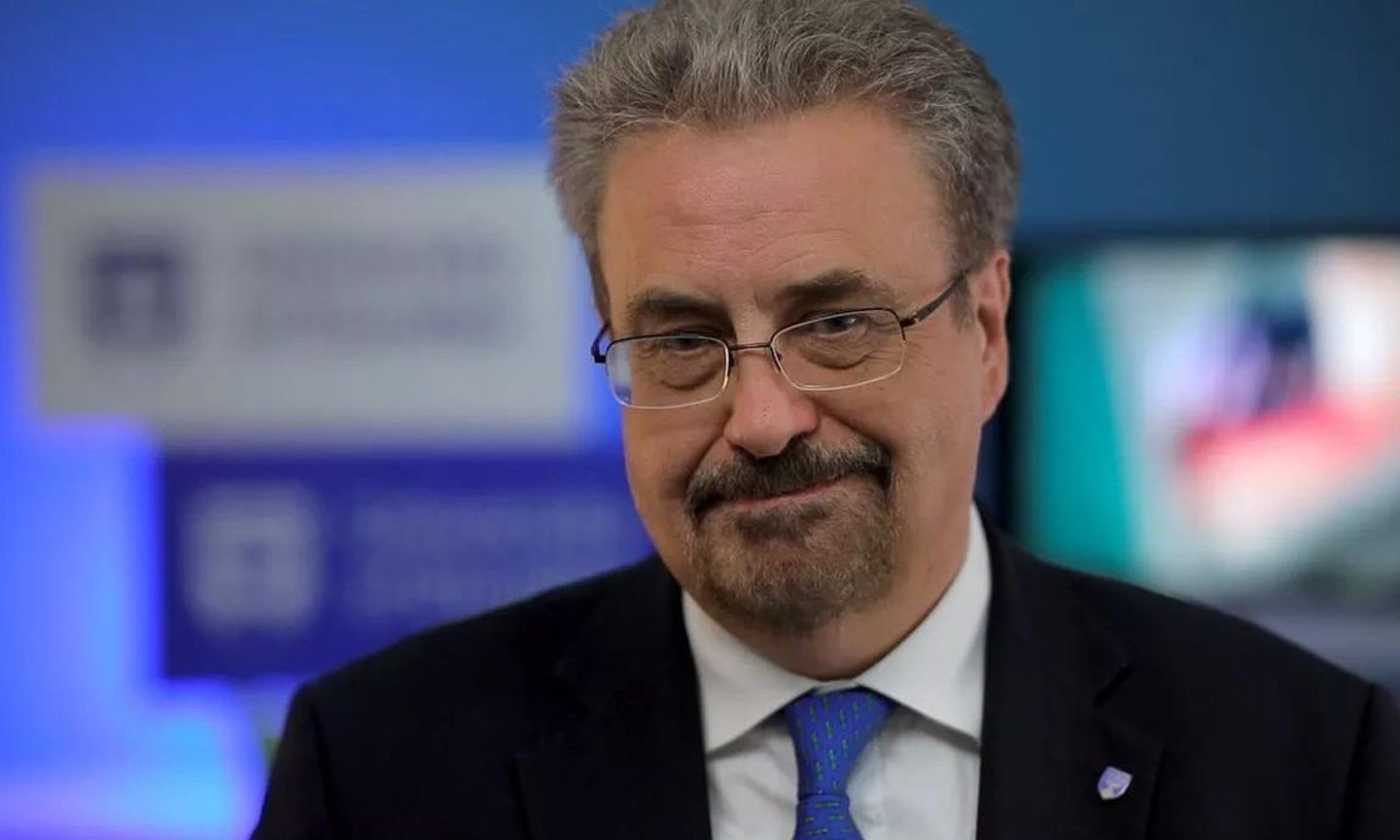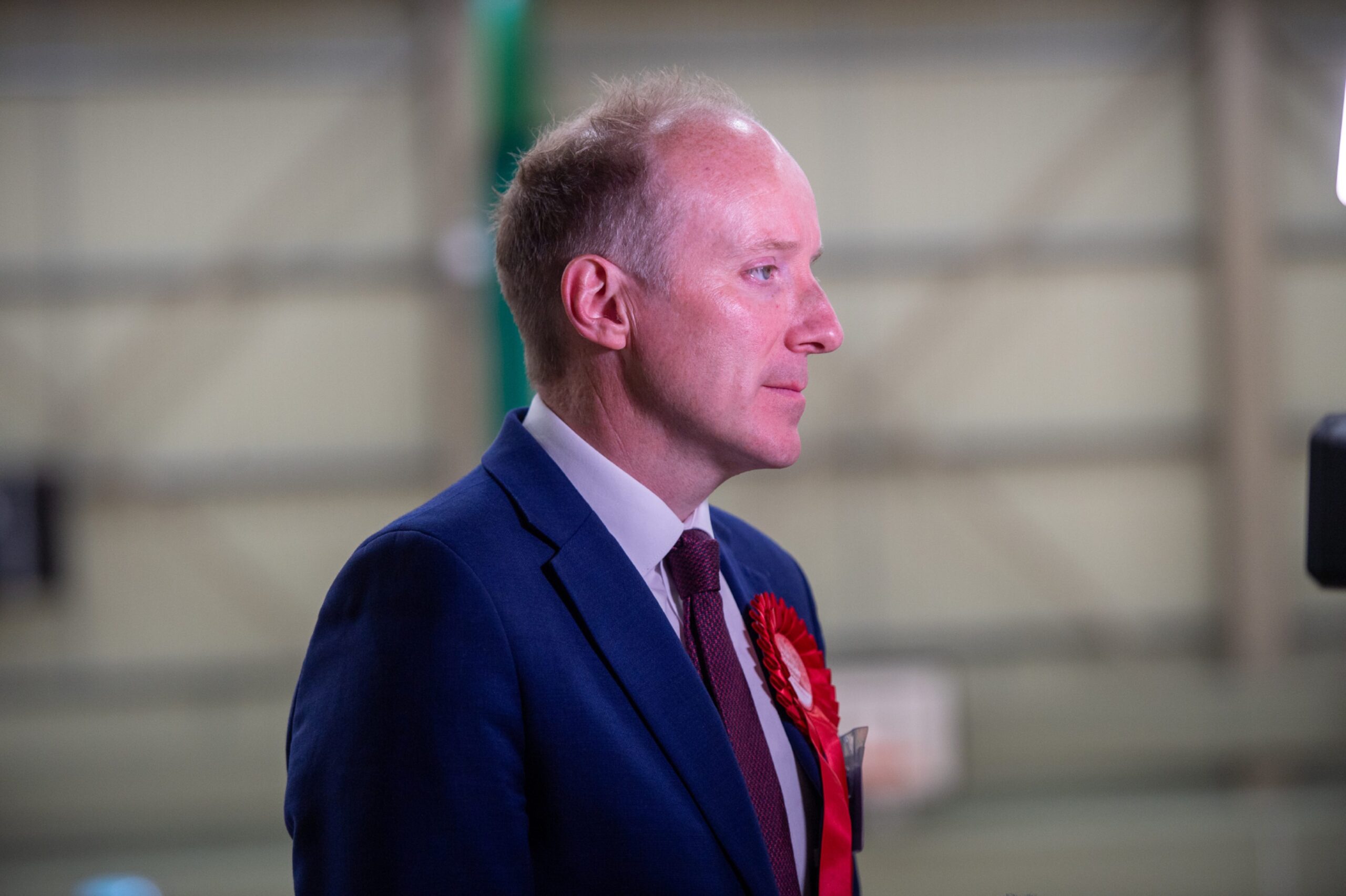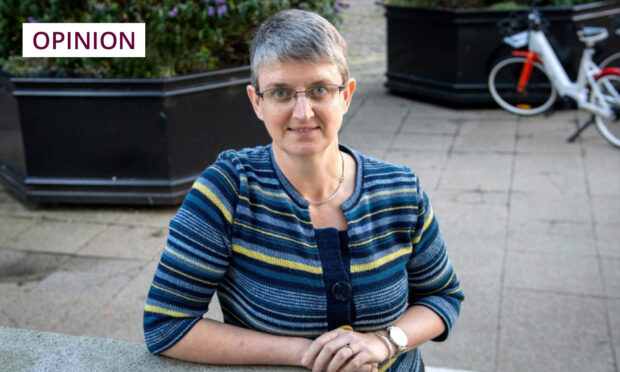The sudden departure last week of the University of Dundee principal Iain Gillespie came as a surprise to me and many others in our city.
Any organisation can go through financial ups and downs, good times and bad.
Having worked at the university for 16 years prior to my election to parliament I can remember plenty of such episodes.
The current controversy engulfing my old employer is different.
Amid an official silence that cannot reasonably continue, what follows is what I have learned over the last week.
The scale of the crisis is very significant, with what looks like a £30 million deficit in the coming financial year.
Huge, strategic mistakes have been made at the very top.
Crucially, the underlying problem has not been one of income.
Real issue facing University of Dundee
Although a precipitous drop in students this year has triggered the unravelling, recent years have seen a dramatic increase in international fee income before sector-wide issues struck.
The real issue appears to be one of rapidly growing expenditure, at a time when other Scottish universities had already begun to make difficult decisions to adjust to the challenging climate.
That context is a business model imposed on universities across Scotland by the SNP government, with no increase to the amount it pays per Scottish student for 15 consecutive years.
This leaves the funding per student an astonishing 22 per cent lower this year than it was in 2013-14.
The cost of funding Dundee’s world leading research also must be met.
All of that money has to come from somewhere if the government refuses to pay.
The gap is plugged by international student fees, leaving Scotland’s universities overly exposed to volatile recruitment markets, fluctuations in currency values and changes to visa systems.
There is precisely nothing in the Scottish Government’s draft budget for 2025-26 to address the fundamental problems they have created.
Of course, other universities are not immune to these systemic problems created by the Scottish Government.
But the difference is that other universities had a plan.
‘Complete failure’
From the very top, at the University of Dundee, there appears to have been a complete failure to plan for the challenges to which all universities in Scotland are exposed.
None of this is easy and any recovery plan must be developed in partnership with staff.
Trade union colleagues at the University of Dundee were blindsided by the financial news and rightly outraged at what it could mean for the staff.
Unions play a formal role in the governance structures of the university.
But it is now clear to me that the ruling University Court was not provided with crucial information.
For instance:
- A £1m deficit turned overnight into £11m, then over weeks into £30m.
- A catalogue of IT failures includes a recent recruitment system that failed at the critical moment and hit income.
- A culture of excess coming from the principal is indicative of just how loose financial control had become.
So where are the governors? Where are those whose job it was to challenge?
What did the court know and when?
In light of all of this, we need full disclosure to staff and to the community.
When we know the facts the Scottish Funding Council must stand ready to fund a turnaround plan for the university [the SFC says it will “work alongside the university as it takes the necessary steps to return to a position of financial health”].
The alternative, frankly, is too painful for our city to even countenance.
‘Too big to fail’
3,000 staff. One in seven of our city’s residents are students of the institution.
More widely, our health services in Dundee depend on joint contracts between the university and the NHS.
The very future of health services in our city would be imperilled.
This is the definition of too big to fail.
I recognise there will be more facts to come, and other sides to this story.
But we cannot afford to wait for full disclosure, and I won’t stand idly by while the future of the university is put at risk through financial mismanagement.
I urge the Scottish Government to show leadership and do everything in its power to help our university get back on track.













Conversation